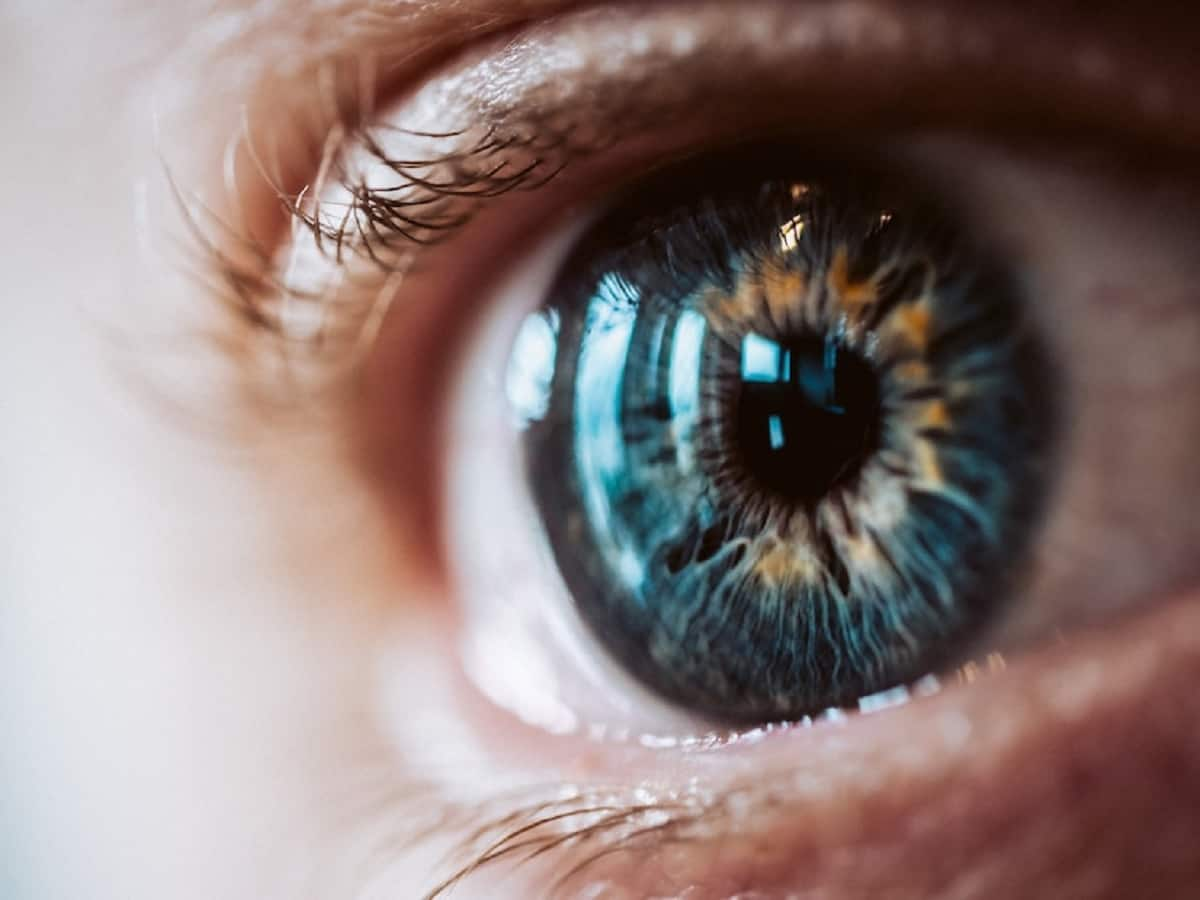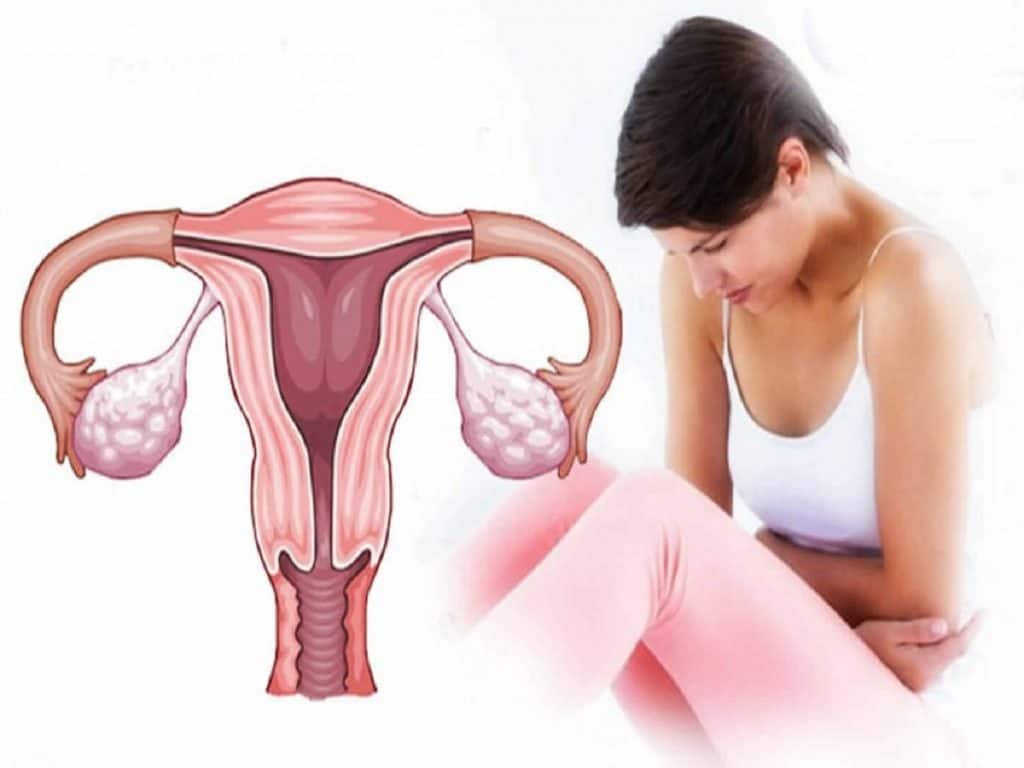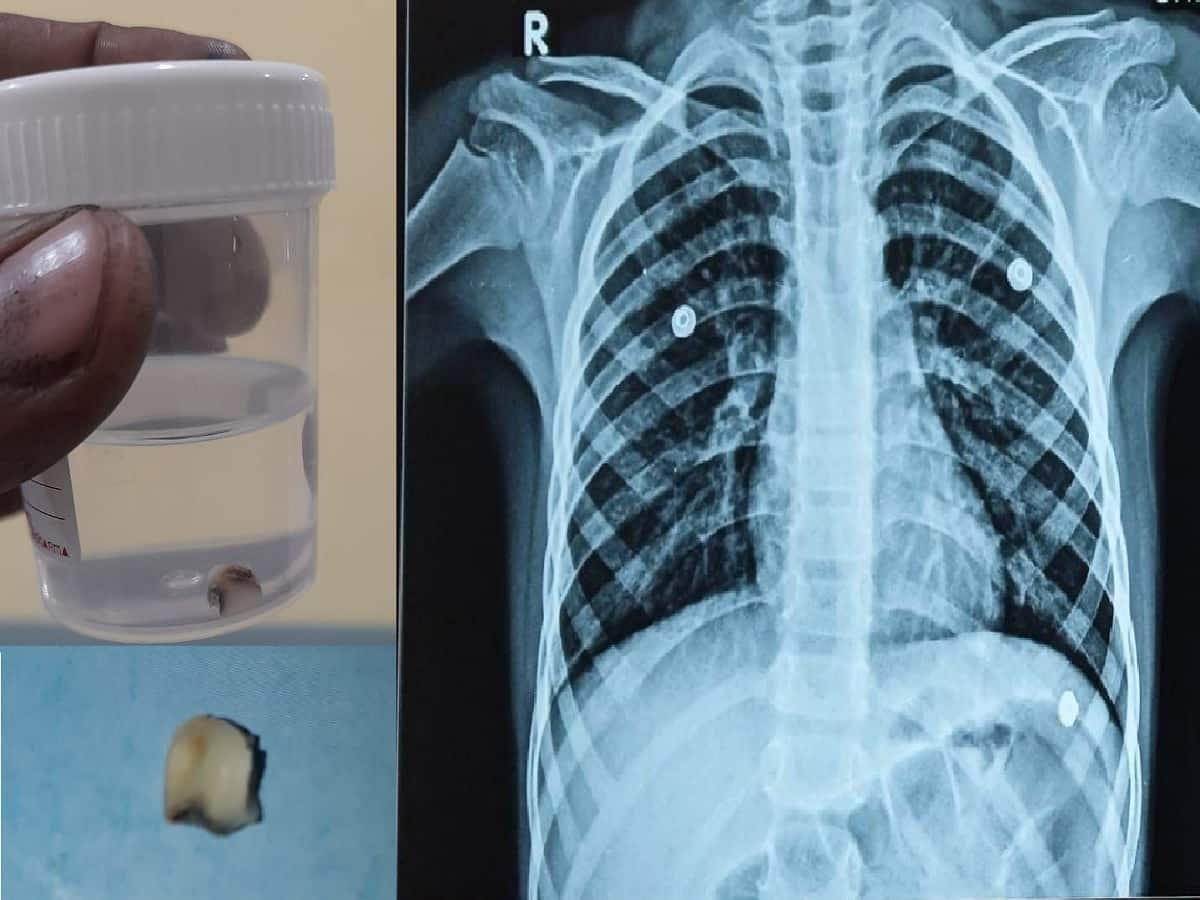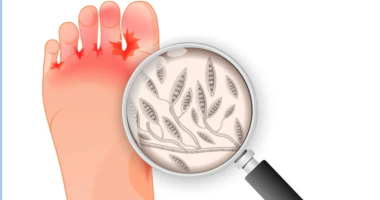Coronavirus COVID-19 is a new type of Coronavirus that started in Wuhan China in late 2019. It is said to be caused by a member of the Coronavirus family that has never been encountered before.
Similar to other Coronaviruses, COVID-19 is believed to have come from animals before transmitting to humans through close contact. It can cause mild to moderate upper-respiratory infections, like the common cold.
With coronavirus, a person can have Middle East Respiratory Syndrome (MERS-CoV) and Severe Acute Respiratory Syndrome (SARS-CoV) as well.
Coronaviruses can also be deadly. According to the CDC, its symptoms range from coughs, fever to breathing difficulties. In severe cases, COVID-19 can cause bronchitis, diarrhea, pneumonia, organ failure, and even death. Therefore protection and prevention is the key to stay safe.
How to prevent the Coronavirus 2019 infections

Although there are no vaccines available to prevent 2019 coronavirus infection symptoms, you can reduce your risk with the following prevention steps…
- Drink plenty of water every day.
- Avoid close contact with sick people.
- Stay away from crowded gatherings and events.
- Cover your mouth and nose with your elbow, towel or tissue when coughing or sneezing.
- Avoid touching your nose, eyes, and mouth with unclean hands.
- Sleep for at least 6hours at night and 60minutes during the day.
- Take medications as soon as you notice symptoms and don’t let the condition worsen.
- Personalize your items such as dishes, glasses, bedding, and other household items.
- Clean and disinfect hard surfaces that you frequently touch.
- Do not go to work or public areas if you feel sick and speak to your doctor immediately.
- Avoid eating raw or undercooked meat or animal organs.
- Wash your hands regularly with soap and water or use alcohol-based hand sanitizer.
- Maintain a distance of at least 1 meter (3 feet) from people who are coughing or sneezing.
- Avoid contact with live animals around your living area, markets or places that have recently had new coronavirus cases.
Frequently Asked Questions On Coronavirus
Are there treatments for Coronavirus (COVID-19) infections?
There is currently no available vaccine to treat or cure the 2019 Coronavirus infections. Recovery depends on the infected person’s immune system strength. Many of those who have died were already in poor health. However, you can relieve your symptoms by using supportive care, room humidifier and over-the-counter pain, fever and cough medicines as treatment for mild symptoms of COVID-19.
How do Coronavirus infections spread?
COVID-19 usually spread from an infected person to others through coughing, sneezing, touching or shaking hands and touching an object or surface infected with the virus. Another way the virus can be spread is when you put unwashed hands into your mouth, nose, or eyes after exposure.
What are my chances of catching Coronavirus (COVID-19)?
Your chances of catching COVID-19 depends on where you live and countries or places you recently visited. If you live in areas where the virus is present, your chances are high but if not, you are less likely to get infected. Since the spread is still on and no permanent cure has been found yet, the best thing is to prevent Coronavirus by protecting yourself. Always read and update yourself on the latest around Coronavirus and avoid travelling to high-risk areas.
Can I catch the coronavirus by eating food prepared by others?
There is no evidence yet that supports that eating foods prepared or cooked by others can cause one to catch Coronavirus COVID-19. However, that does not rule out the importance of kitchen and personal hygiene when making foods.
Who is at risk of catching Coronavirus (COVID-19)?
Though WHO is still on progressive research to determine how COVID-19 affects people, certain groups have however being named to be at risk of developing severe illness. The list includes older people with pre-existing medical conditions like high blood pressure-HBP, heart disease, and diabetes. As a result of their condition, their immune system may become weak, making them porous to the virus. Other persons that may be at risk are men, (maybe) infants and children, tourists and travellers, and daycare, boarding homes or college staff and students. Those who keep close contact with Coronavirus infected persons are not exempted from the list. In a nutshell, factors like age, sex, general health and occupation may cause one to have Coronavirus COVID-19.
Can I use antibiotics to prevent or treat the Coronavirus COVID-19?
Using antibiotics to prevent Coronavirus COVID-19 is a waste of effort and drugs. Antibiotics were never designed to work for viruses, rather for bacterial infections. As earlier mentioned COVID-19 is caused by a virus from animals, so antibiotics can not work for it. If you have a need to use antibiotics, consult your doctor and follow the instructions given.
Should I wear a mask to protect myself from Coronavirus COVID-19?
Wearing a medical, face or nose mask is not necessary except if you have respiratory symptoms like cough. World Health Organisation (WHO) has recommended a face, nose or medical mask for people who have COVID-19 infection and caregivers to people with the virus or symptoms, such as fever and cough. The use of a nose/medical mask is important for health workers including those whose duty is to take care of medical facilities.
Tips on how to use and dispose of used medical mask
- Do not use an old medical mask
- Clean your hands with 60% alcohol-based hand rub or wash with soap and water before touching a new medical mask.
- Inspect a new mask for holes or tears before using it.
- Confirm the side that is top or bottom to avoid wearing it the wrong way
- Ensure the proper side of the mask faces outwards (the coloured side).
- Place the mask on your face. Pinch the metal strip or stiff edge of the mask so it moulds to the shape of your nose.
- Ensure the mask bottom covers your mouth and chin.
- After use, take off the mask gently from behind the ears by removing the elastic loops and make sure the mask does not touch your face and clothes.
- Throw away the mask in a closed bin immediately you are done using it.
- Repeat washing of hands for about 20seconds after discarding the used medical mask. Used hand sanitizer if soap and water are not available
- Many of those initially infected either worked or frequently shopped in the Huanan seafood wholesale market in the centre of the Chinese city.
Should I wear a mask if I am immunocompromised?
Talk to your doctor first before wearing a mask to protect against COVID-19 if you are immunocompromised or have a weak immune system. Make sure to follow the advice given by your doctor especially if you are receiving certain treatments or you have illnesses you are combating.
Can the coronavirus live on soft surfaces?
As at now, experts have not yet affirmed if Coronavirus can live or survive on soft surfaces like carpets, clothes, fabric, and other soft items. So the possibility of transmission or getting infected through fabrics and other soft items may just be slim.
According to WHO information, COVID-19 can live and survive on hard surfaces such as doorknobs, tap handles, etc. for hours and probably days.
How long does the COVID-19 virus survive on the surface?
Similar to other Coronaviruses, COVID-19 virus infection can live or survive on the surface for hours in most cases days. Although the survival period depends on the type of surface, the temperature or humidity of the environment that is hosting the virus.
The best thing to do in situations like this is to always clean and disinfects surfaces especially in your living space or where your hands frequently touch. Remember to clean your hands with 60% alcohol-base hand rub or water and soap once you are done cleaning.
How deadly is this coronavirus COVID-19?
Coronavirus can lead to death especially if your case is severe or if you are suffering from illnesses such as acute respiratory distress syndrome (ARDS) and diabetes. As a result of the sickness, the immune system may become weak and thus exposes the body to Coronavirus infections.
More about: |Diseases
Source: WHO, Harvard Health










